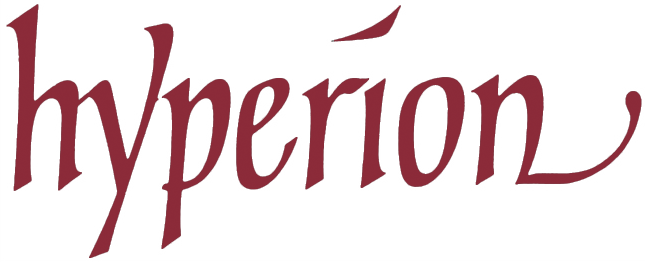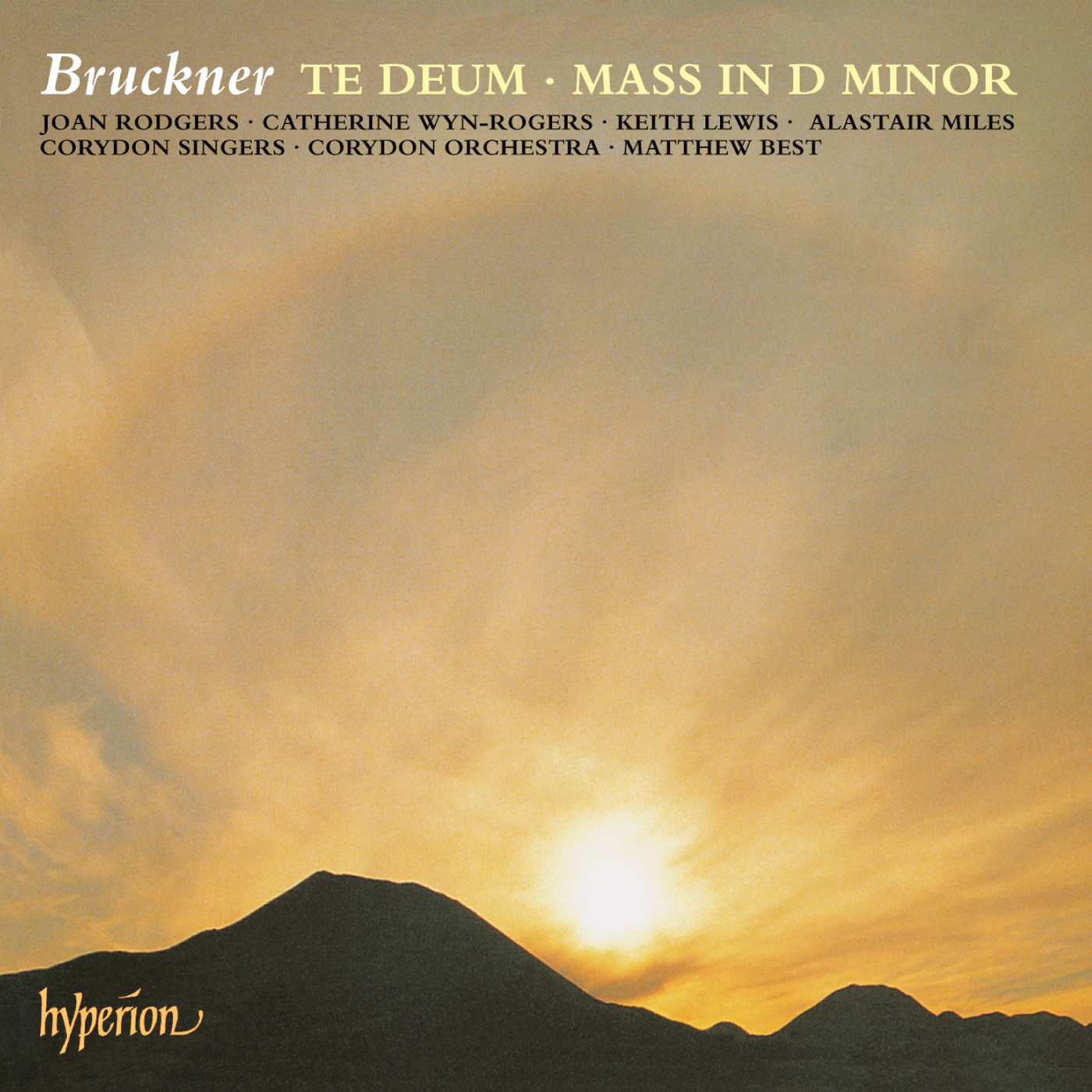Bruckner: Mass in D minor & Te Deum
Corydon Singers, Corydon Orchestra, Matthew Best (conductor)
CDA66650
The quality which most powerfully characterizes Bruckner’s music is its religious mysticism. Not only the sacred choral works, but also the symphonies which form the bulk of his output, display a religiosity which is not grafted on but deeply ingrained. The son and grandson of humble village schoolmasters, brought up in the Roman Catholic tradition, his faith was sincere and unquestioning, and the inscription he placed at the head of the Mass in D minor (‘Omnia ad majorem Dei gloriam’—‘All to the greater glory of God’) was a heartfelt expression of his dedication to the Almighty. He once remarked: ‘When God finally calls me and asks “What have you done with the talent I gave you, my lad?”, I will present to him the score of my Te Deum and I hope He will judge me mercifully.’ Yet his self-doubt, especially in his earlier years, is legendary. He would spend endless time and energy in writing a full-scale symphony, and a few words of criticism, or a well-intentioned suggestion from a friend or pupil, would cause him to revise it, sometimes substantially. The Third Symphony, for example, went through three versions, the last two of which were published in his lifetime and reconstructed in scholarly editions in the 1950s. Even the sacred music, which some commentators claim he revised less, was by no means immune. The great F minor Mass of 1867–8 was revamped at least four times, and it was the 1881 version that was later prepared and edited by Haas (1944) and Nowak (1960).

